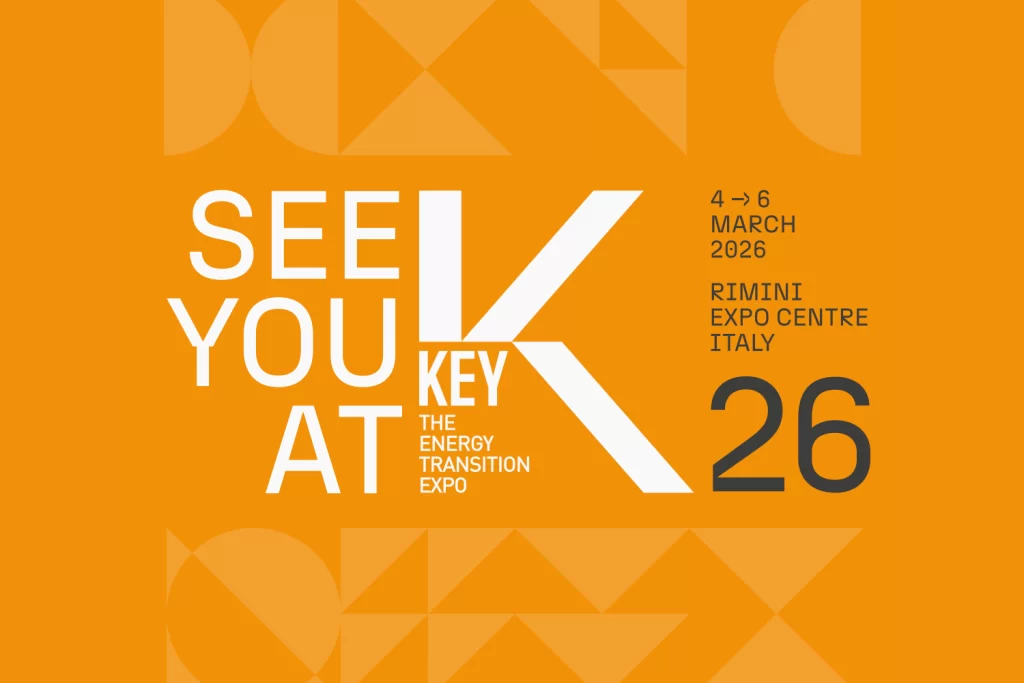SUMMARY
The medical care system faces unprecedented operational pressures during periods of medical staff vacancies. The temporary reduction in available human resources often coincides with an increase in demands for health care services, generating imbalances in the demand and supply of medical services. This dynamic significantly impacts waiting times, quality of care, and accessibility of services for citizens. The integration of advanced technologies, automation systems and digital platforms emerges as a key strategy for ensuring continuous, efficient and quality medical care even at the system’s most critical operational moments.
The challenges of medical care during vacation periods
Fragmentation of services is a critical element in medical care management. Public, contracted or private health facilities, continuity of care services and dedicated outpatient clinics often operate in uncoordinated ways, creating confusion for users and inefficiencies in the use of available resources. The lack of integration among these services can generate operational duplication and delays in the delivery of services.
Impact on continuity of care
Discontinuity in medical care can compromise chronic disease management and therapeutic follow-up. Patients with complex clinical conditions require constant monitoring and therapeutic adjustments, which during vacation periods may be delayed or managed by practitioners with limited knowledge of specific medical history.
Pressure on emergency services increases significantly during periods of reduced primary care availability. Many citizens, not finding adequate alternatives, also turn to emergency rooms for problems that could be managed at the territorial level, generating overload in hospital facilities and inefficiency in the allocation of health care resources.
Technology strategies for optimizing care
Digital evolution offers concrete tools to transform the delivery of medical care during critical periods. The implementation of telemedicine platforms, automated triage systems, and artificial intelligence solutions can significantly improve operational efficiency and ensure continuity of care even under conditions of reduced human resources.
Intelligent centralization of medical care services represents an emerging organizational model. Several healthcare entities are implementing Integrated Operations Centers that coordinate care delivery through load distribution algorithms and advanced routing systems, optimizing the use of available resources and improving the accessibility of services.
Enabling technologies for care efficiency
Integrated Clinical Decision Support systems or clinical decision support solutions(CDS) provide advanced decision support during substitute medical consultations. These platforms use evidence-based algorithms to suggest appropriate diagnostic and therapeutic pathways.
Automation of administrative processes through digital workflows eliminates operational inefficiencies and accelerates the delivery of medical care. Automatic generation of electronic prescriptions, medical certifications, and communications to other health care providers reduces paperwork, allowing physicians to focus on essential clinical activities.
INGO’s solutions for enhancing medical care
INGO offers integrated technology solutions that combine advanced automation, artificial intelligence, and specialized expertise in healthcare. Projects in healthcare are designed to manage the entire medical care ecosystem, from telephone reception to clinical documentation, ensuring high operational standards even during the most critical periods.
The architecture of INGO solutions ensures dynamic scalability according to operational needs. During peak demand periods typical of vacation periods, the platform can automatically increase call processing and handling capacity while maintaining optimal response times and consistent service quality.
Artificial intelligence and conversational automation
INGO’s AI Reception radically transforms first-contact management in substitute care.
The system uses natural language understanding algorithms to automatically analyze citizen requests, classify the level of urgency through validated clinical protocols, and route calls to the most appropriate resources, dramatically reducing wait times and improving triage accuracy.
Specialized virtual assistants independently handle the most frequent information and administrative requests. Information on service hours, access arrangements, preparations for specific examinations, and administrative procedures are provided automatically, freeing medical resources for high-value clinical activities and reducing operational load during critical periods.
Case study: digital innovation in the hospital sector
Theimplementation of AI INGO Reception in the healthcare environment has produced clear results in terms of operational efficiency and service quality.
The case study of the hospital sector documents how the technology has optimized care performance by zeroing out the average waiting time for requests and automating 80 percent of telephone traffic, thus enabling health care staff to devote more time and attention to complex clinical cases and have economic savings of about 30 percent.
The evolution of digital medical care
The future of medical care is moving toward interconnected digital ecosystems that integrate human clinical expertise with advanced computing capabilities. Predictive analytics enables anticipation of peak demand based on seasonal patterns, epidemiological data and socio-demographic variables, enabling proactive resource planning and optimized management of care loads.
The evolution toward hybrid medical care models combines in-patient services with advanced telemedicine services. Teleconsultation platforms integrated with remote monitoring devices and medical IoT sensors enable accurate clinical assessments even at a distance, extending the ability to deliver medical care beyond traditional time and geographic constraints.
Digital transformation of medical care is a strategic imperative to ensure quality health care services in a context of increasing demographic and organizational complexity.
The INGO technology solutions offer the innovative tools and specialized expertise needed to address this evolution, turning critical operational issues into opportunities for continuous improvement in medical care and citizen satisfaction.
Contact us
Find out more about our CX services
INGO, thanks to multichannel and technological innovations, is able to build specific projects for each company, following the process from the initial analysis phase to the implementation of integrated, scalable and modular omnichannel strategies. For over 20 years, Made in Italy at the service of the customer experience.
blog



